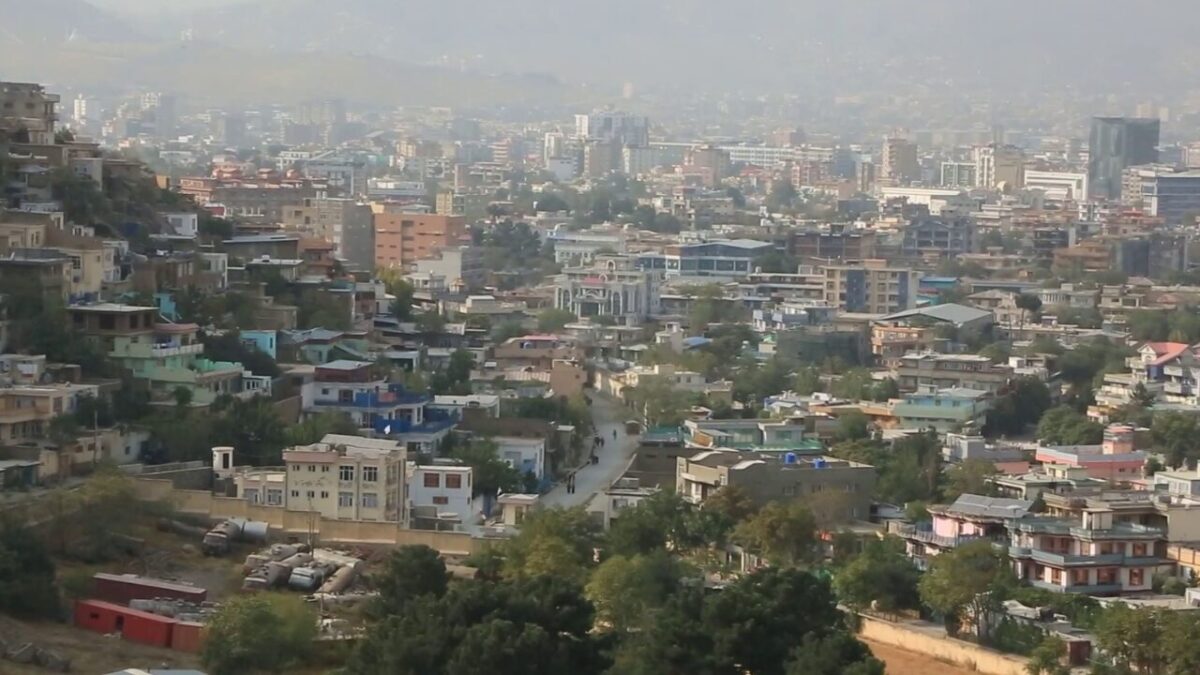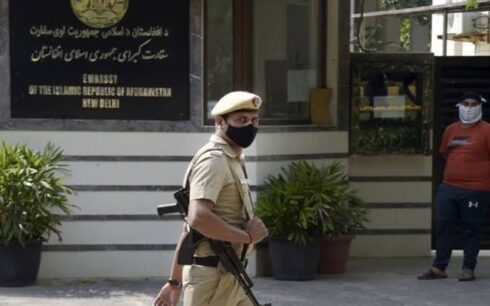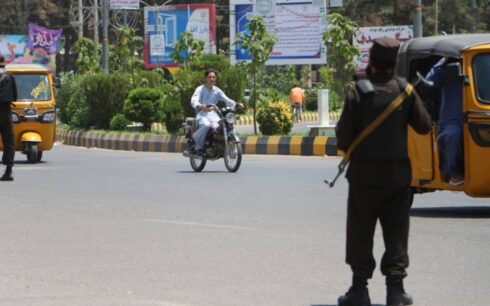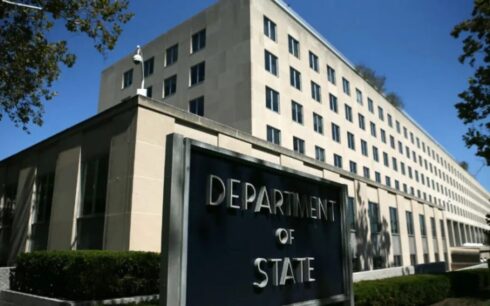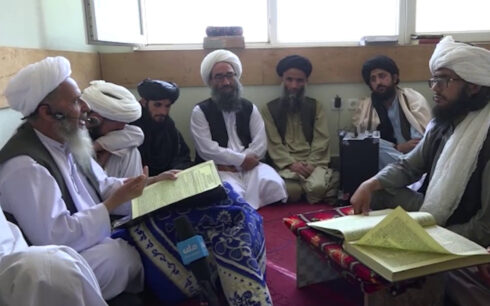As winter draws near, residents of Kabul are grappling with prolonged power outages, leaving many frustrated by the lack of electricity during both the day and night.
The outages have compounded other challenges, including water shortages, as the city braces for colder temperatures.
Mustafa, an eighth-grader, spends his evenings studying under dim light, holding on to the hope of a brighter future despite the Taliban’s restrictions.
“Because we don’t have electricity at night and our exam is on Thursday, I don’t know how to prepare or how to get good scores,” he said, reflecting the struggles faced by students during their annual exams amid freezing conditions and persistent outages.
In the northern area of Sar-e-Kotal of Kabul’s Police District 17, as in much of the city, power is available for only three to four hours a day. Residents expressed outrage over high electricity bills despite the limited service.
“The cost of electricity is high, but we hardly have any power. In 24 hours, we don’t even get five hours of proper electricity,” one resident said.
Electricity shortages disrupt daily life
Da Afghanistan Breshna Sherkat (DABS), the Taliban-controlled electricity provider, acknowledged a shortfall of 227 megawatts of power in Kabul, with supply levels dropping below 80 percent. Residents report that the erratic electricity supply has not only left homes in the dark but also disrupted water systems that depend on electric pumps.
The lack of power is one of the most pressing challenges for Kabul residents as they navigate daily life in increasingly difficult conditions.
A stalled regional project
Hopes for an improved energy supply had once rested on the CASA-1000 project, an ambitious regional initiative aimed at transferring electricity from Kyrgyzstan and Tajikistan to Afghanistan and Pakistan. However, progress on the project stalled after the Taliban seized power in 2021, leading the World Bank to suspend its support.
In February, the World Bank announced that CASA-1000 would resume operations in Afghanistan at the request of the other three participating countries. The Joint Working Group on CASA-1000 is scheduled to meet with the World Bank and other international donors in Istanbul on November 21-22, 2024. The meeting is expected to address key issues, including the completion of construction on the power transmission system.
For Kabul residents, however, the promise of improved electricity remains a distant hope as they face the immediate challenges of a harsh winter with limited resources.

